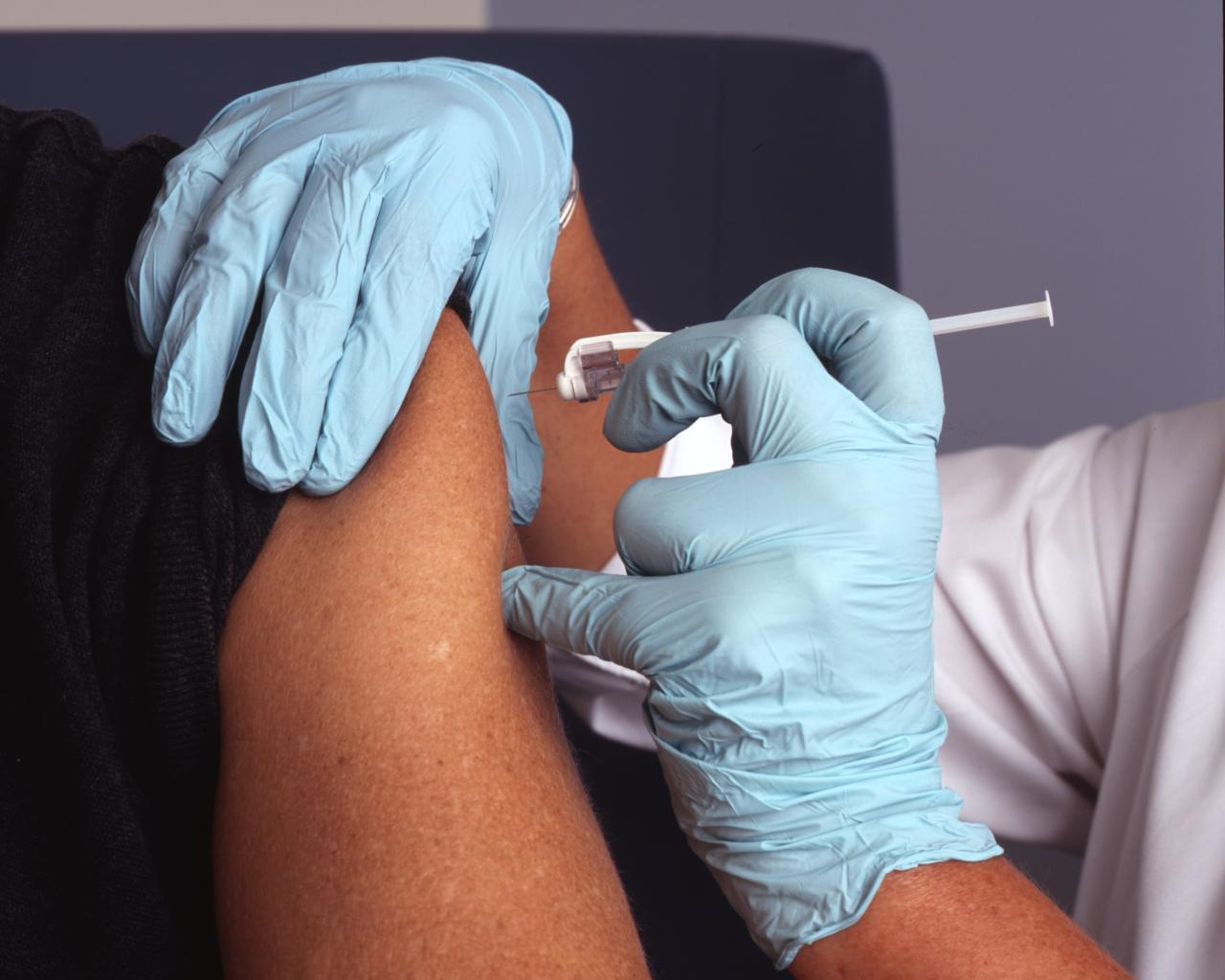Double-jabbed university students offered £5K cash prize jackpot

An English university is offering students who have received the double Covid-19 vaccine doses the chance to win ten £5,000 jackpots.
A university in England is offering its double-jabbed students cash incentives in a bid to boost vaccine uptake.
Discover our latest podcast
All students at the University of Sussex are being entered into the draw for a chance to win one of ten £5,000 cash jackpots if they can prove they have received two doses of the COVID-19 vaccine.
The prize draw will take place at the end of November by which time the university believes most students would have been vaccinated.
More under this adMore under this adManagement of the university hopes the prize money would increase the number of vaccinated people.
Incentive not Bribe.
Critics of this scheme and others like it say it is a way to bribe and coerce students into getting vaccinated.
But vice-chancellor at Sussex, Professor Adam Tickell, said the cash prize is only to incentivise more students to protect themselves and others against the virus when in-person classes resume this fall.
He told the BBC:
We know take-up among young people is patchy. We know they're not against the vaccine, they're just not getting round to it. We know transmission rates are lower with vaccination, and the risk of serious illness for our staff and students is much lower in people who've been vaccinated.More under this adMore under this ad
According to Prof. Tickell, the financial cost of this scheme to the university was small compared to the human and social cost of potential disruption to students.
Not mandatory
All students are being entered into the draw unless they state their preference not to.
The government has decided against vaccine passports for university students, but is urging the institutions to get creative in efforts to boost take-up.
More under this adMore under this adAnyone aged 16 or 17 in England can now get vaccinated against COVID-19 once the NHS has contacted them, while all 18-year-olds are eligible without needing to be contacted.
But there there has been growing concern about the relatively low take-up by young adults.